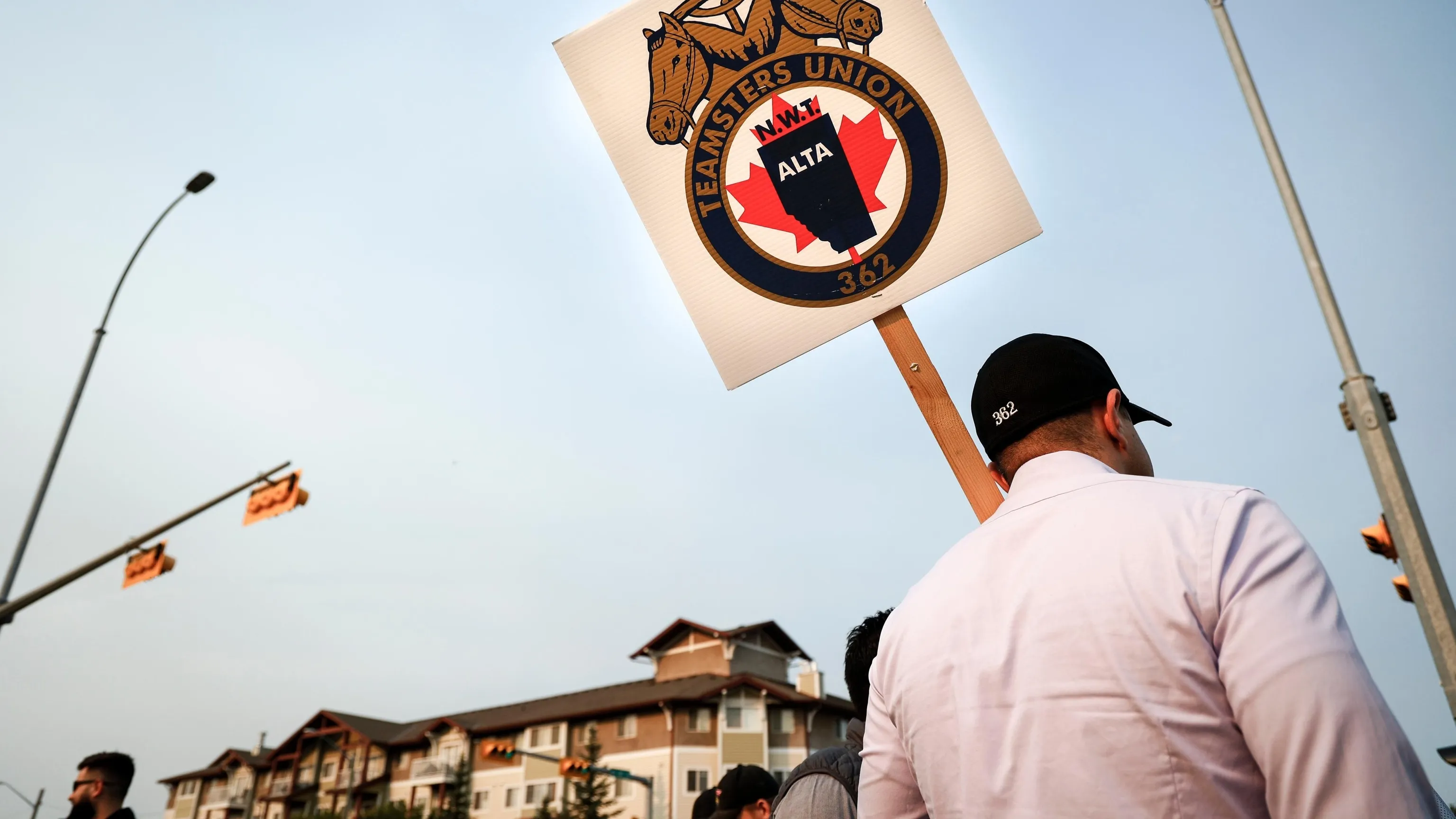Business Strikes and Legal Proceedings: Labor Unions Respond to Arbitration Decisions

Business Strikes and the Rise of Legal Proceedings
As business strikes disrupt operations, a significant shift is taking place within labor unions. A Canadian arbitrator recently mandated employees at two major railroads to return to work amid ongoing disputes. This legal maneuver aims to safeguard transportation and ensure the stability of the North American economy.
Impending Lawsuits and Union Responses
Despite the back-to-work order, labor organizations are poised to initiate legal proceedings. This will likely lead to a series of lawsuits aimed at challenging the arbitrator's decision and addressing core labor issues. The union's resolve underscores the deep-seated grievances that fuel these labor strikes.
- Importance of Labor Unions: Labor unions play a vital role in protecting workers' rights.
- Potential Economic Impact: Disruptions in transportation could affect supply chains.
Challenges Ahead in Transportation Sector
With transportation being a linchpin of the economy, these developments carry significant implications. The transportation sector, already strained, may face further turmoil if legal actions escalate.
- Union Compliance with Orders: While the unions will comply, they are strategically positioning themselves for upcoming challenges.
- Broader Implications: Similar disputes could arise across various industries, as both sides evaluate their legal standing.
This article was prepared using information from open sources in accordance with the principles of Ethical Policy. The editorial team is not responsible for absolute accuracy, as it relies on data from the sources referenced.